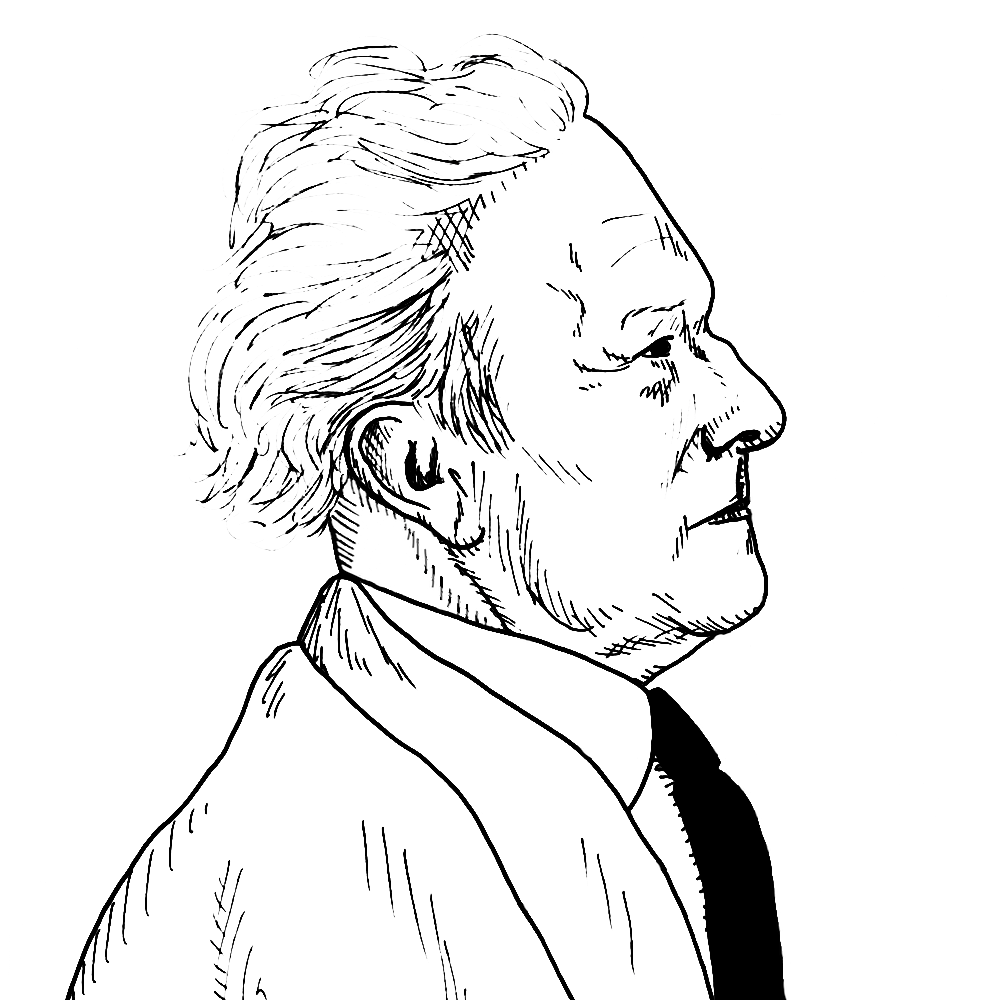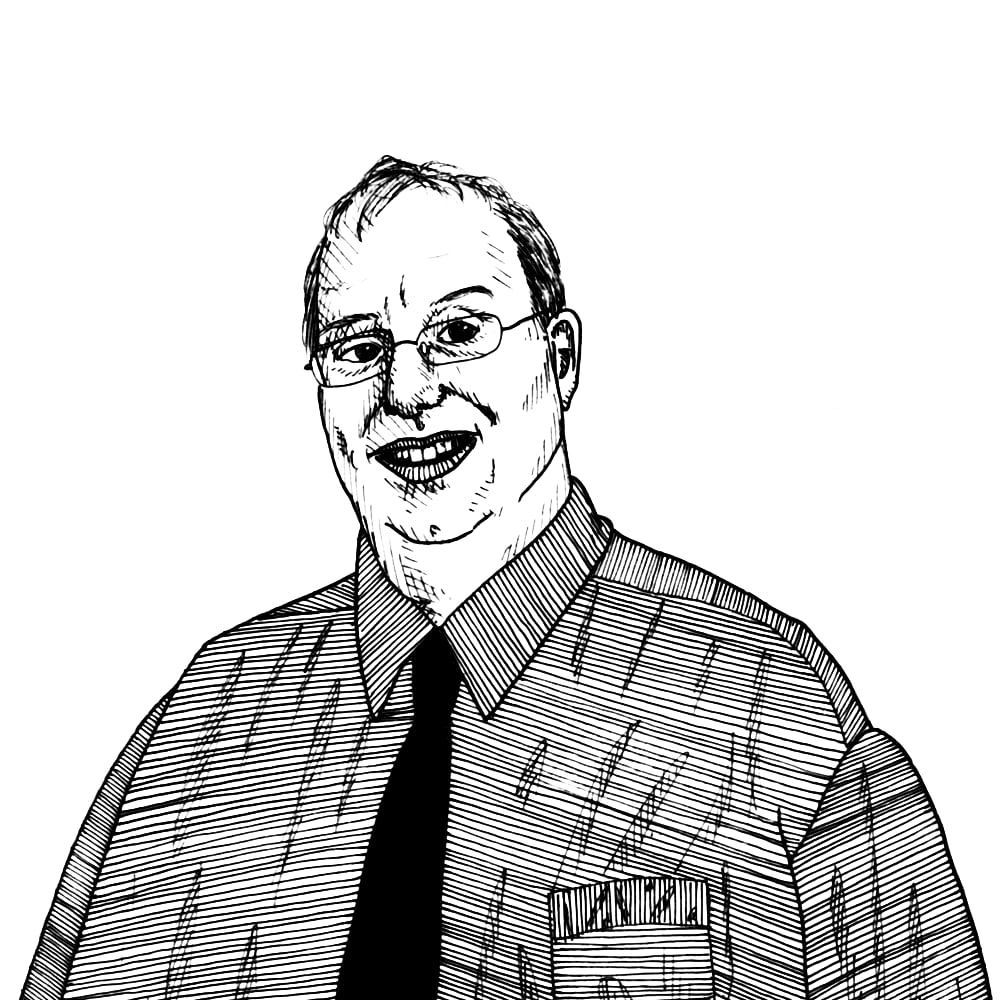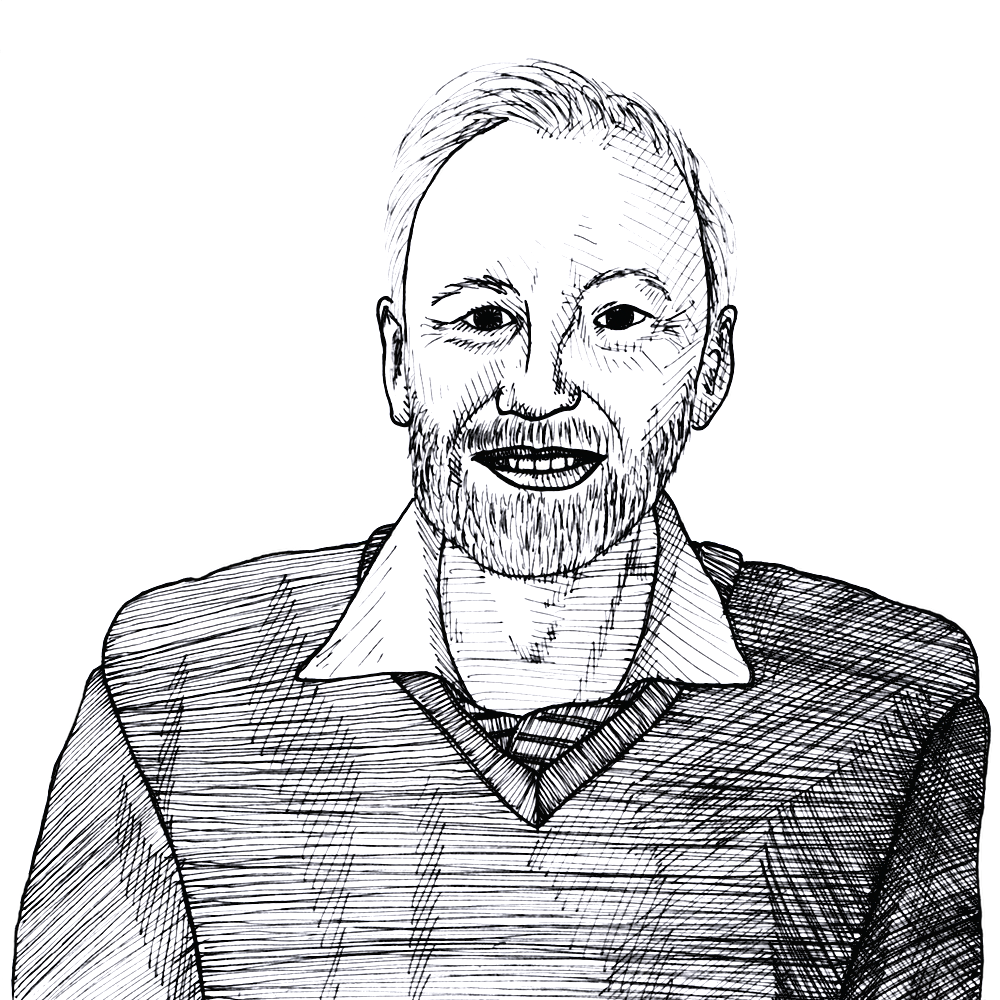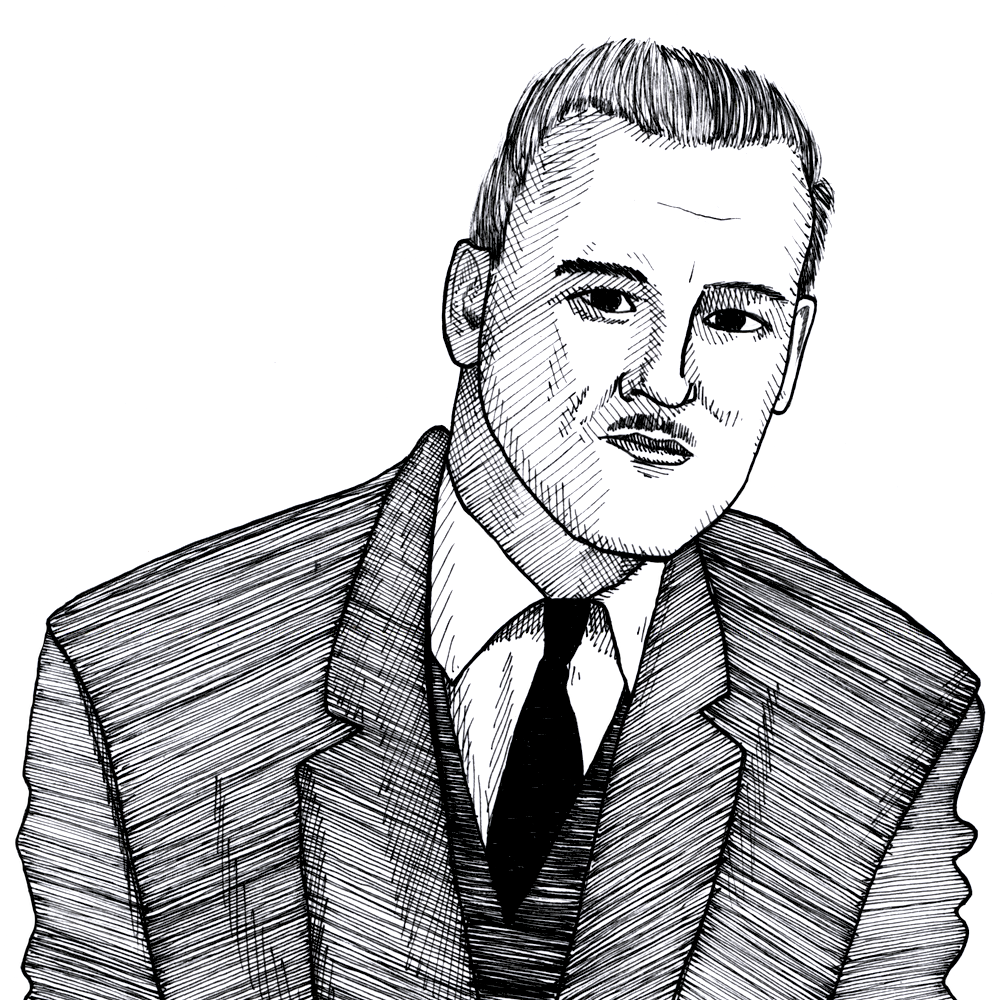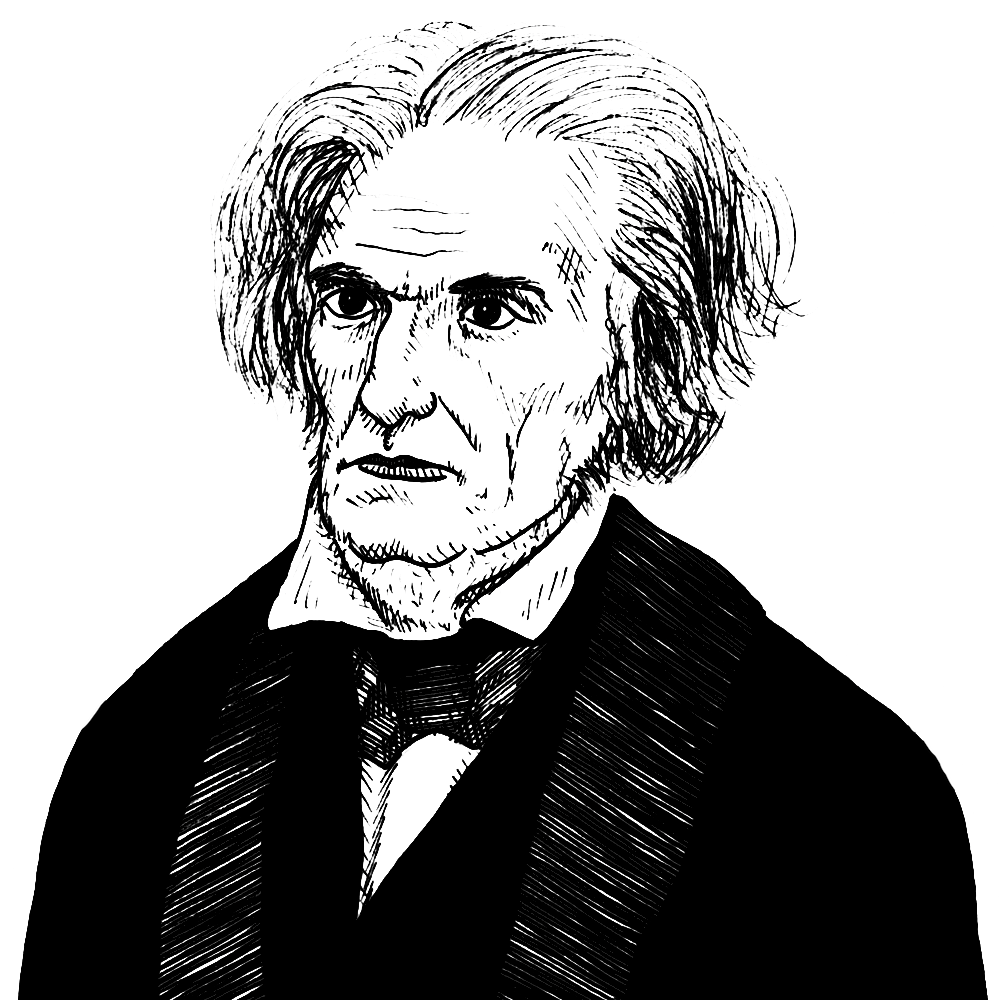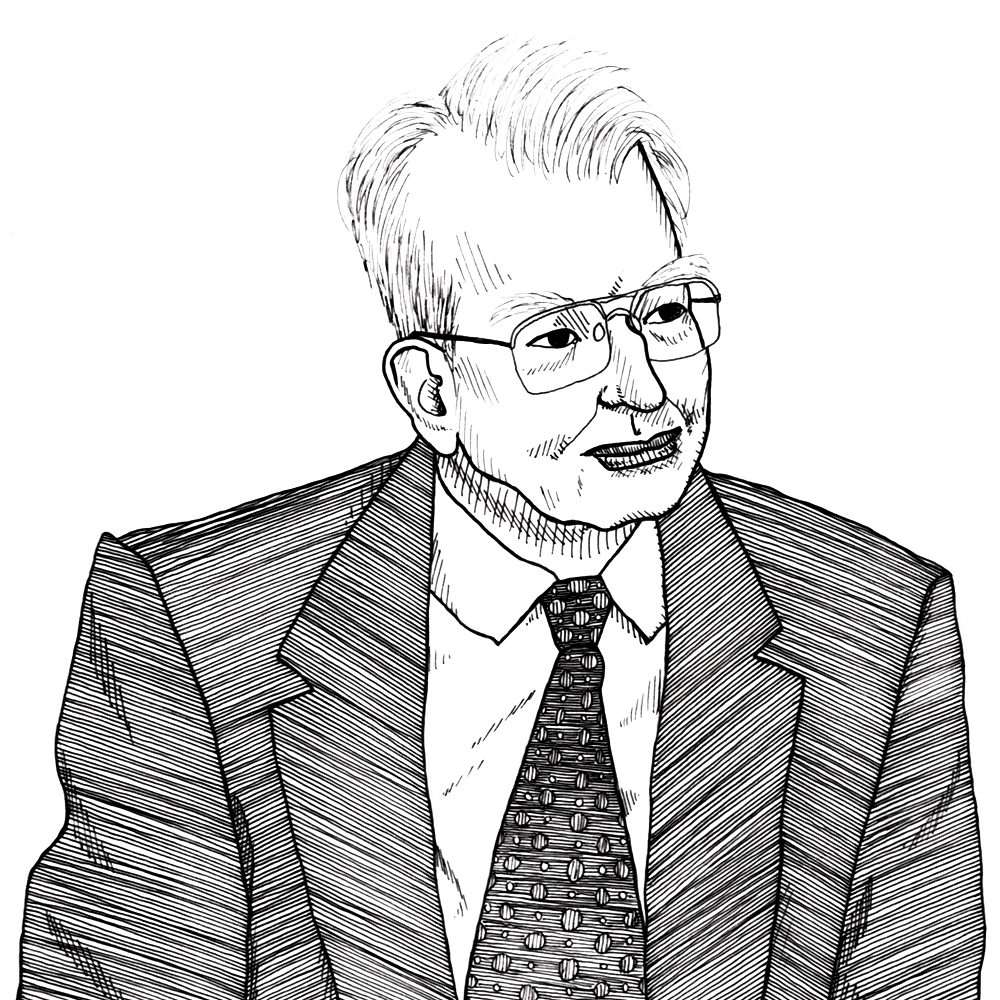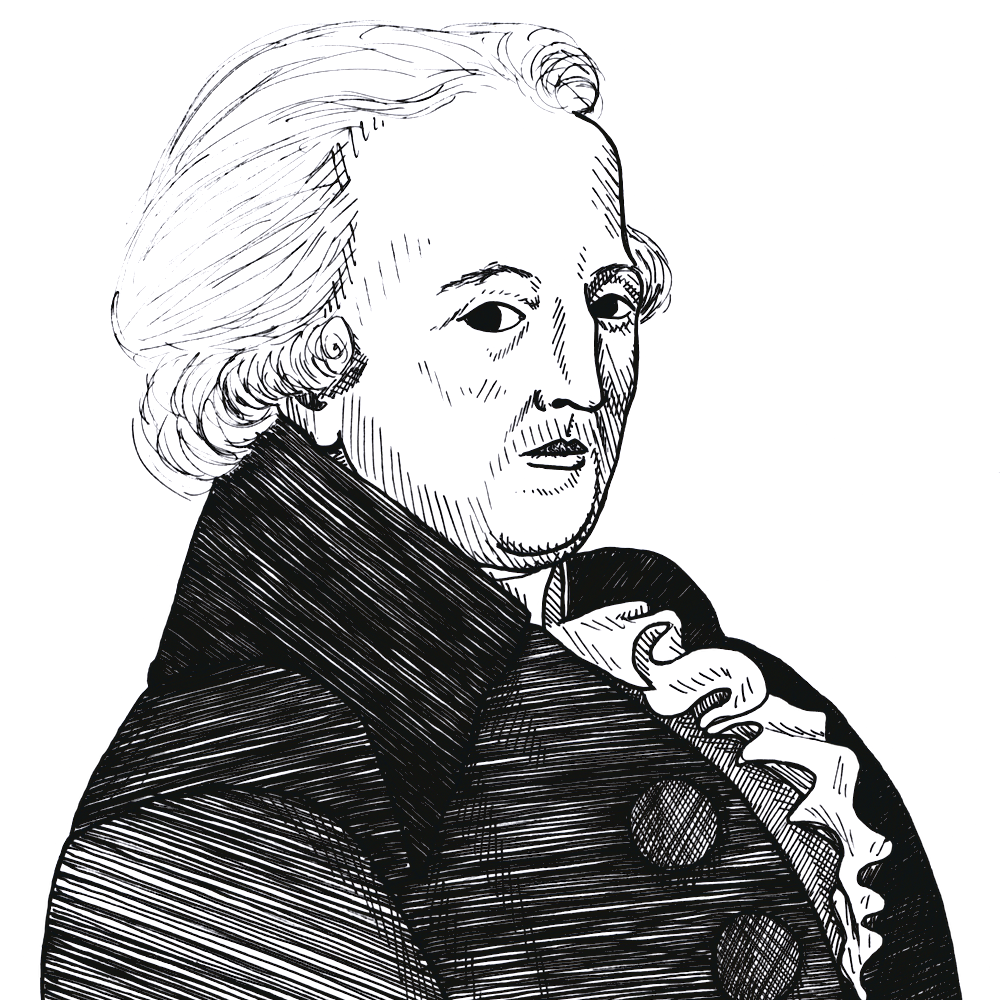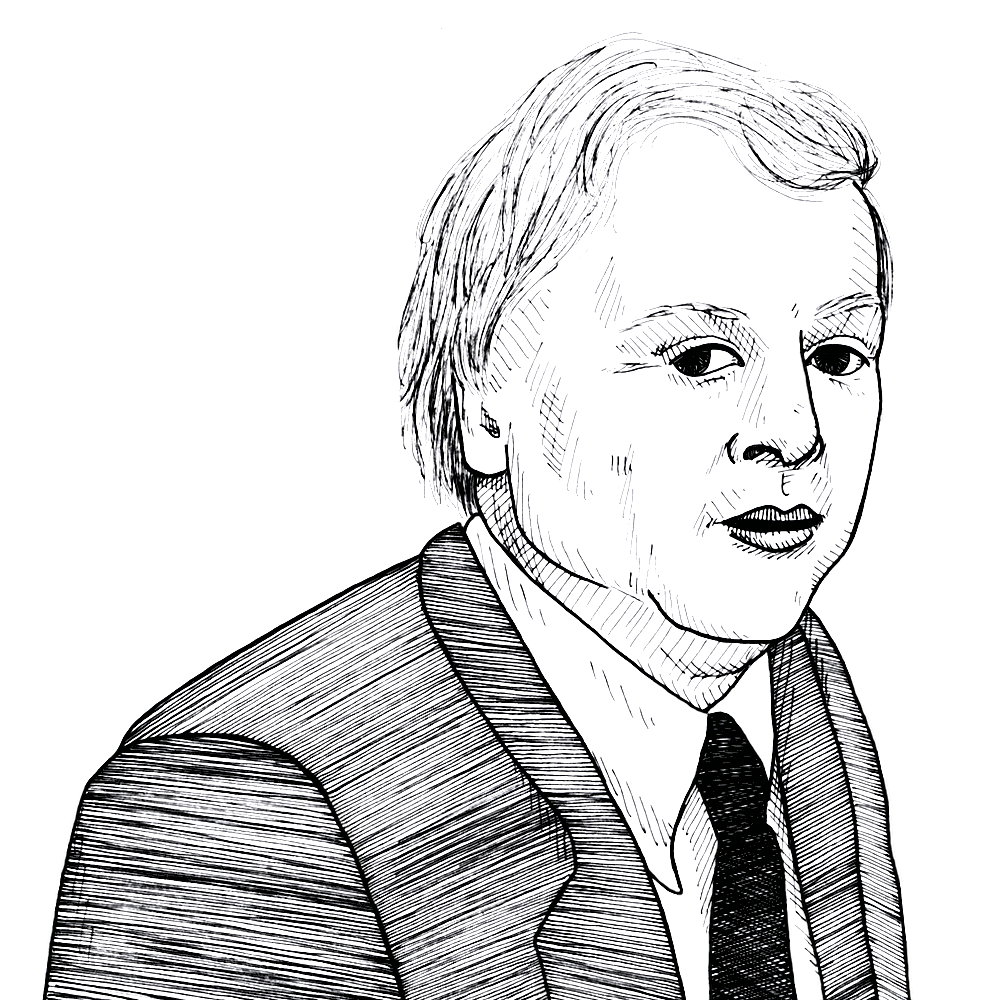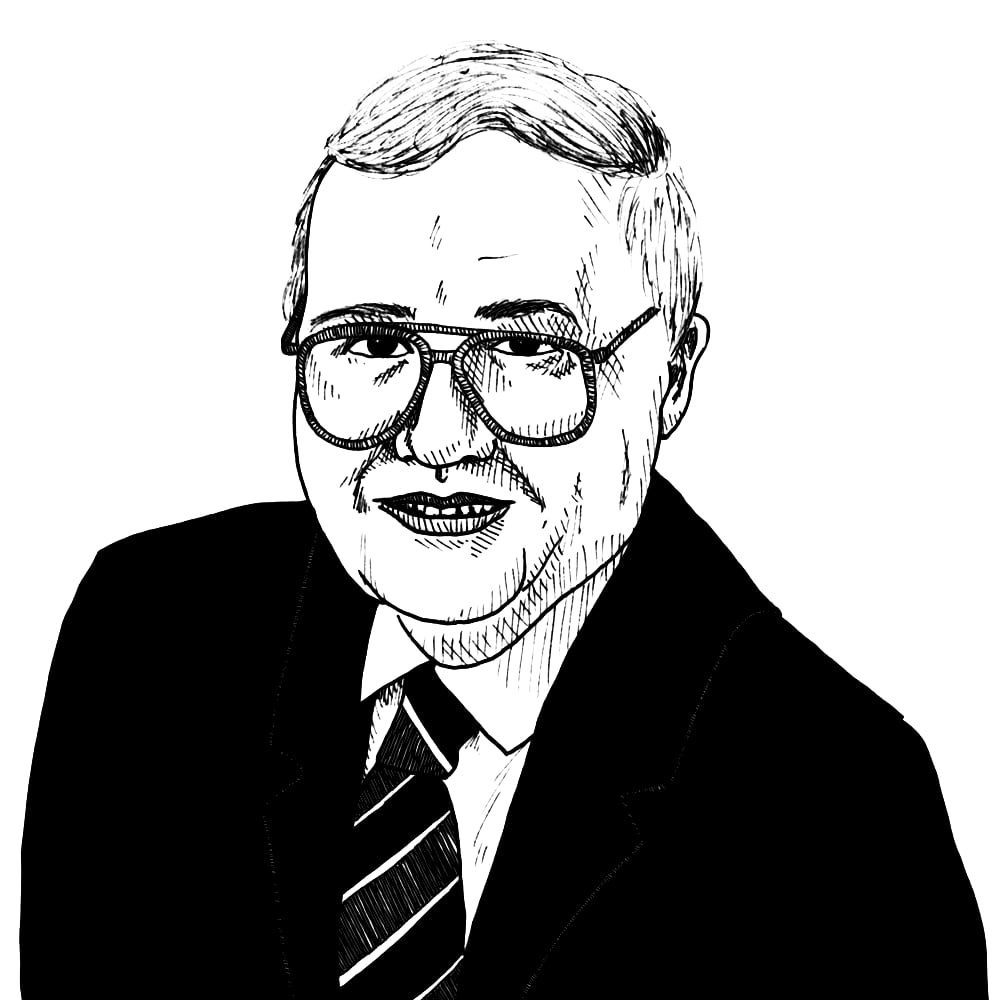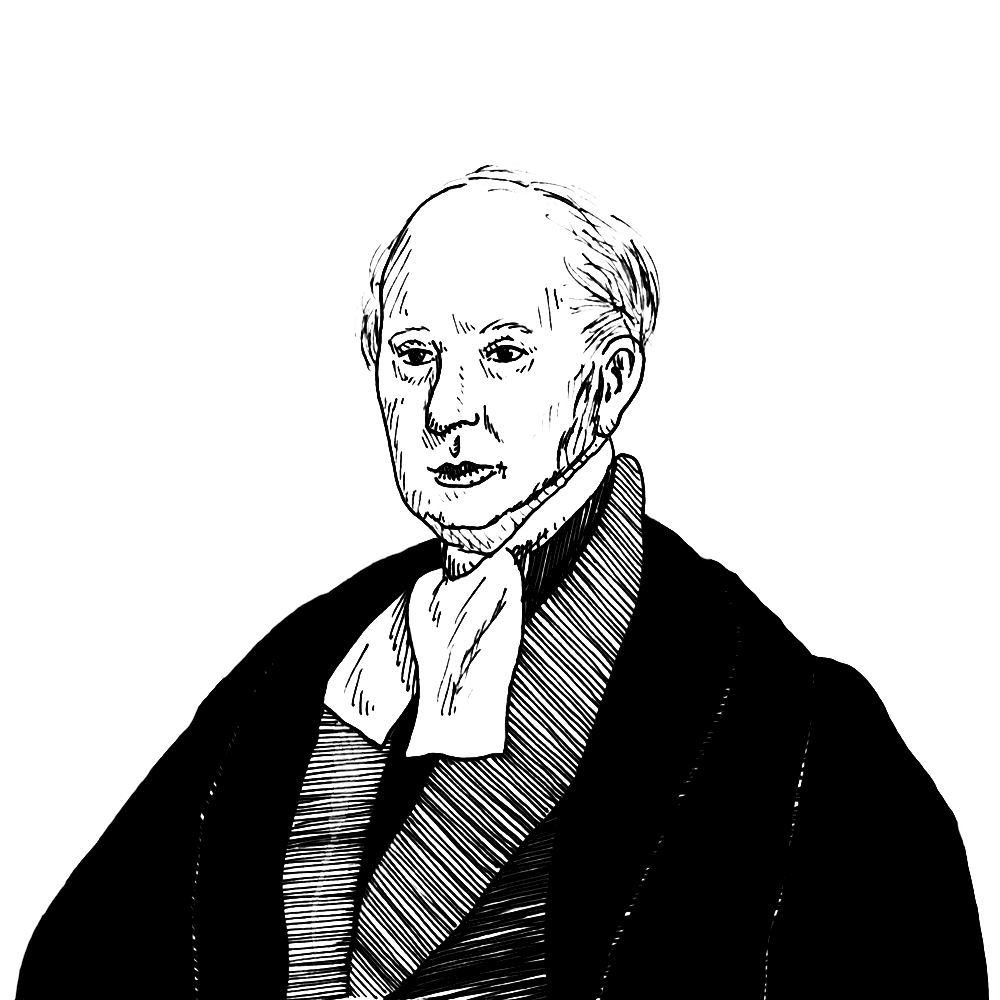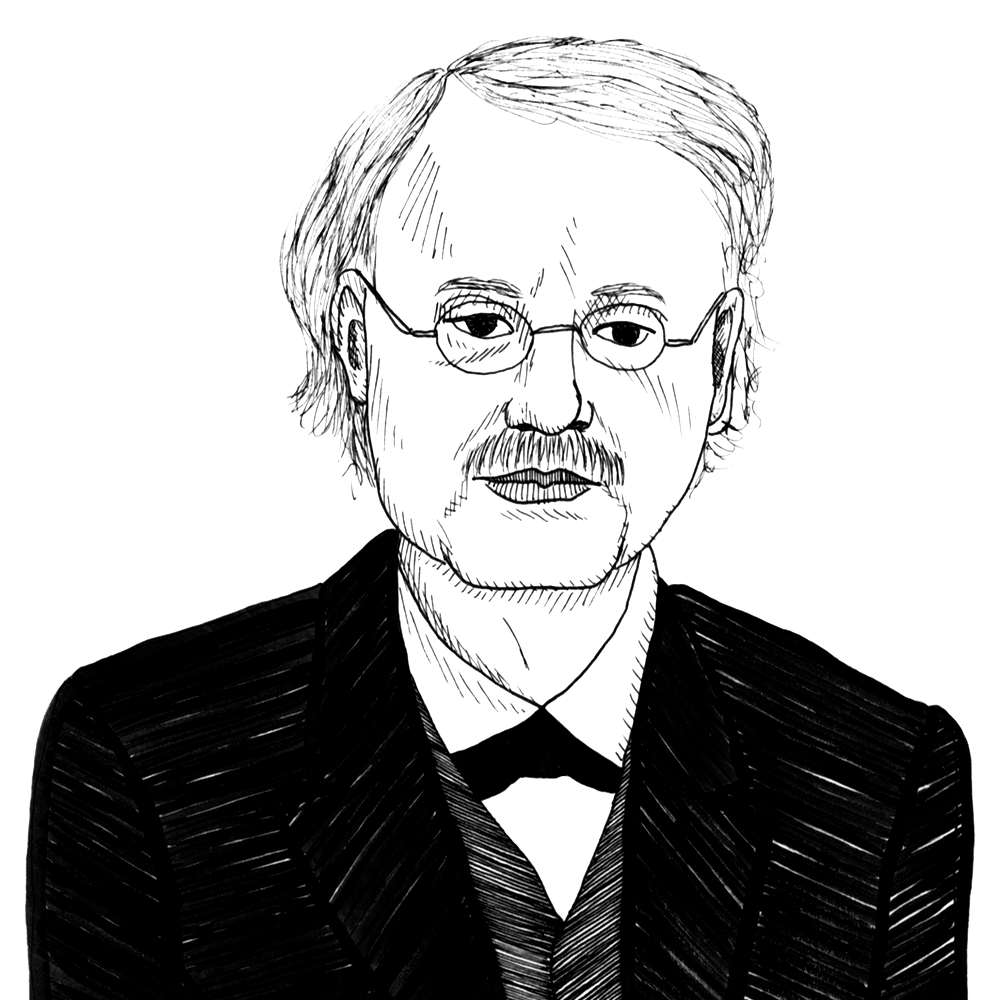Public Choice
About this Collection
According to William F. Shughart II in his entry on Public Choice Theory in the Concise Encyclopedia of Economics at Econlib “Public choice theory is a branch of economics that developed from the study of taxation and public spending. It emerged in the fifties and received widespread public attention in 1986, when James Buchanan, one of its two leading architects (the other was his colleague Gordon Tullock), was awarded the Nobel Prize in economics. Buchanan started the Center for Study of Public Choice at George Mason University, and it remains the best-known locus of public choice research. Others include Florida State University, Washington University (St. Louis), Montana State University, the California Institute of Technology, and the University of Rochester.
Public choice takes the same principles that economists use to analyze people’s actions in the marketplace and applies them to people’s actions in collective decision making. Economists who study behavior in the private marketplace assume that people are motivated mainly by self-interest. Although most people base some of their actions on their concern for others, the dominant motive in people’s actions in the marketplace whether they are employers, employees, or consumers is a concern for themselves. Public choice economists make the same assumption that although people acting in the political marketplace have some concern for others, their main motive, whether they are voters, politicians, lobbyists, or bureaucrats, is self-interest. In Buchanan’s words the theory “replaces… romantic and illusory… notions about the workings of governments [with]… notions that embody more skepticism.”"
In allocating individuals to this school of thought we have taken a broad perspective and have included some 18th and 19th century theorists who contributed to the formation of this school’s special insights into the connection between political behavior and economics.
Key People
Titles & Essays
Quotes
Economics
James Buchanan on “process” and the market order (1982)
The State
James Buchanan on chaining Leviathan (1975)
Class
James Madison on the “sagacious and monied few” who are able to “harvest” the benefits of government regulations (1787)
